 I first heard this term back in the early days of dot-com, when I was out in Seattle for the AP covering Microsoft, Amazon and a plethora of startups burning through their cash and primed to flame out. These latter companies, always desperate for capital, never stopped asking for money from investors, honing their pitches down to a mere sentence or two. It’s what the marketing pros call the “elevator pitch” — the compelling pitch for your company, product or offering that can hook someone in the time it takes to ride in an elevator with your target.
I first heard this term back in the early days of dot-com, when I was out in Seattle for the AP covering Microsoft, Amazon and a plethora of startups burning through their cash and primed to flame out. These latter companies, always desperate for capital, never stopped asking for money from investors, honing their pitches down to a mere sentence or two. It’s what the marketing pros call the “elevator pitch” — the compelling pitch for your company, product or offering that can hook someone in the time it takes to ride in an elevator with your target.
As a novelist seeking a traditional publisher, I have to do the same thing, and it’s not only important for marketing purposes, but it’s great for honing your own writing AND potentially finding issues with the book as a whole. It’s my personal belief that if you can’t describe your book in 30 seconds or less — indeed, in a sentence or two — then it might just be too complex. The elevator pitch is your hook, the biggest thing that makes the book stand out from a crowd. So if you’re struggling to boil it down, then you’ve got problems.
Take Spacebuckler, for example. This is a big, complex book with two different settings, two sets of protagonists and antagonists, one supremely evil baddie and an assortment of character arcs, subplots and quirks that all come together in the end in one big, epic adventure. Boil THAT down into a sentence? Sure. Some ideas for the elevator pitch:
“Two dimensions. A near-future that could be our own, and an alternate history set in the Age of Sail, with sailings ships moving between worlds. A madman is threatening to unleash a power that could not only bring these dimensions together, but could destroy them.”
A bit like a movie trailer, perhaps. Try this:
“Alchemy-fueled alternate-history space opera, with sailing ships in space.”
Or, from my About the Book section:
“Gene Roddenberry, the creator of Star Trek, once said his show was like ‘Horatio Hornblower in space.’ I’m taking that concept somewhat more literally.”
Or, my favorite:
“What’s the book about? I take a Royal Navy frigate from the Age of Sail…and I crash it into the planet Mars.”
What’s the key here? What’s the image that you’re getting? Sailing ships in space, I would hope. Throw in a few more key words: Age of Sail, Horatio Hornblower, Royal Navy. Now you’re getting that it’s less Pirates of the Caribbean and more Master and Commander. The plot and the other setting — a more “common” future sci-fi setting — isn’t as important as that key differentiator. The last sentence in particular is a great hook, because everyone I’ve tried it on inevitably follows up with “How?” or “Why?”
And when you have their attention enough for them to ask a question, they could very well be interested in the answer. And that’s how the conversation starts.
This is, of course, a great way to hone your query letters for agents. If you can build your letter around that one element that makes your book stand out, you’re halfway there. The elevator pitch is also good as a mantra to keep around your desk as you write, so that you’re reminded of what your book is really about, what really makes it different or special, so you’ll keep coming back to that as you go.

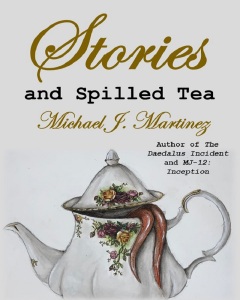


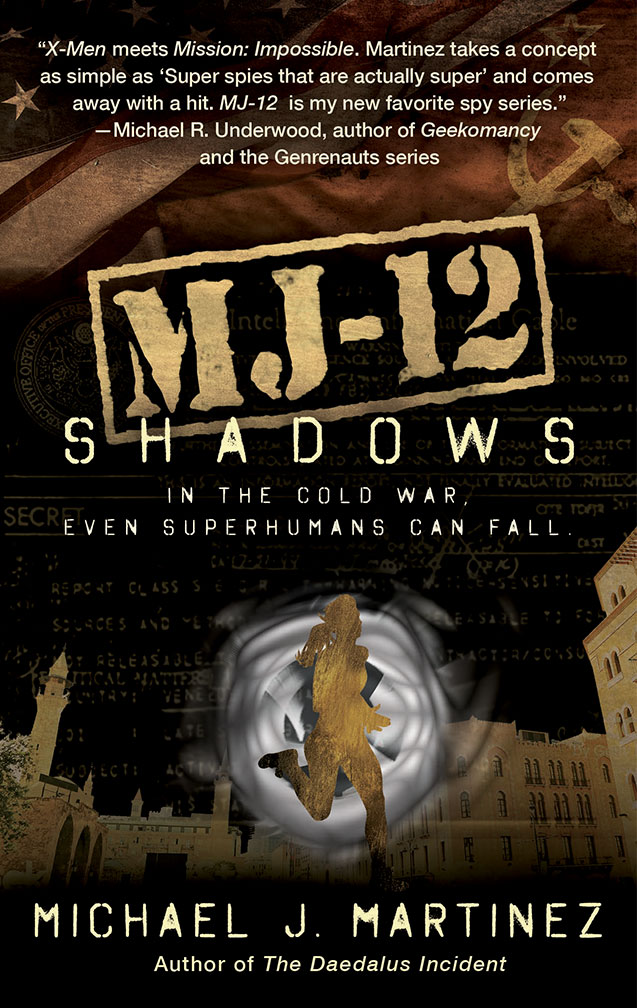

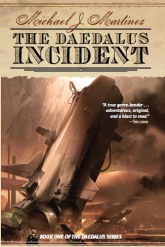
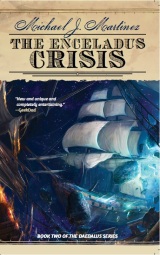

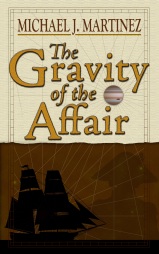

With a title like Spacebuckler, you barely need a description. I’m looking forward to seeing more about your book.
This is really a great way to explain an elevator pitch. I’m definitely sharing this with my writing group!